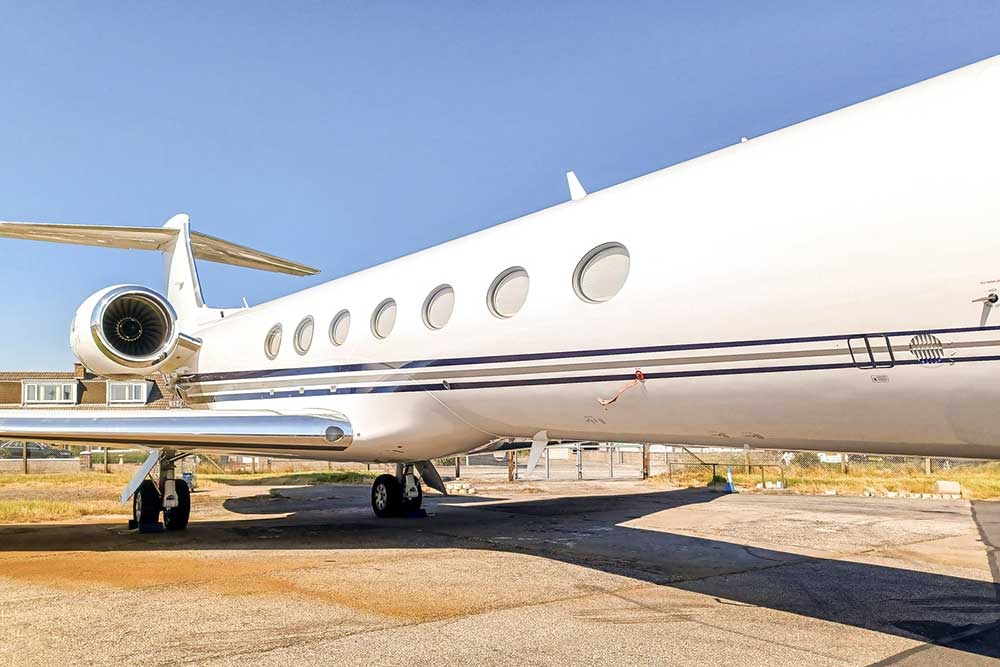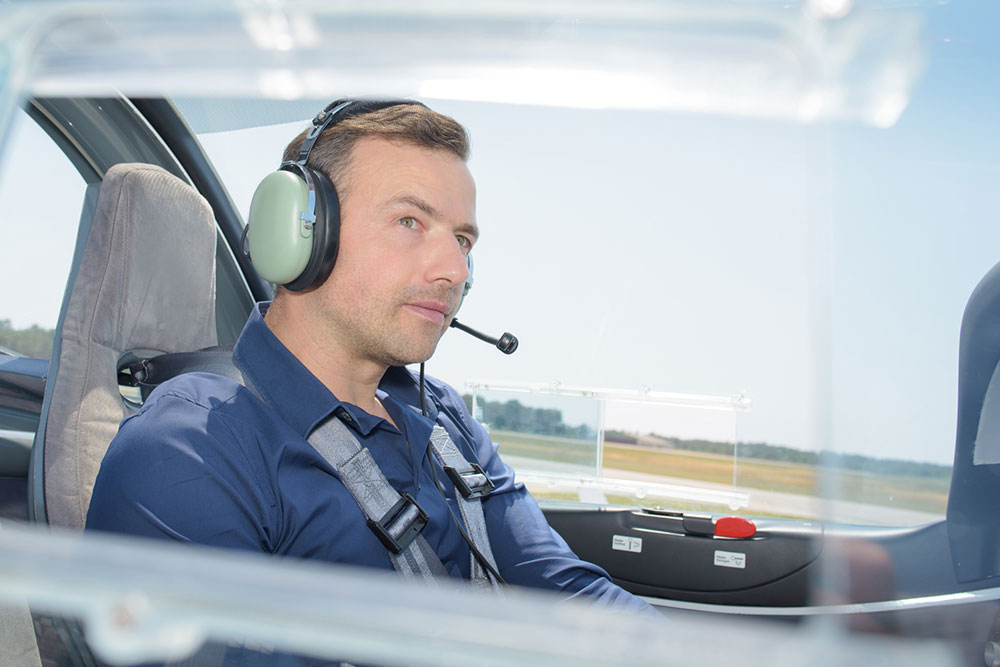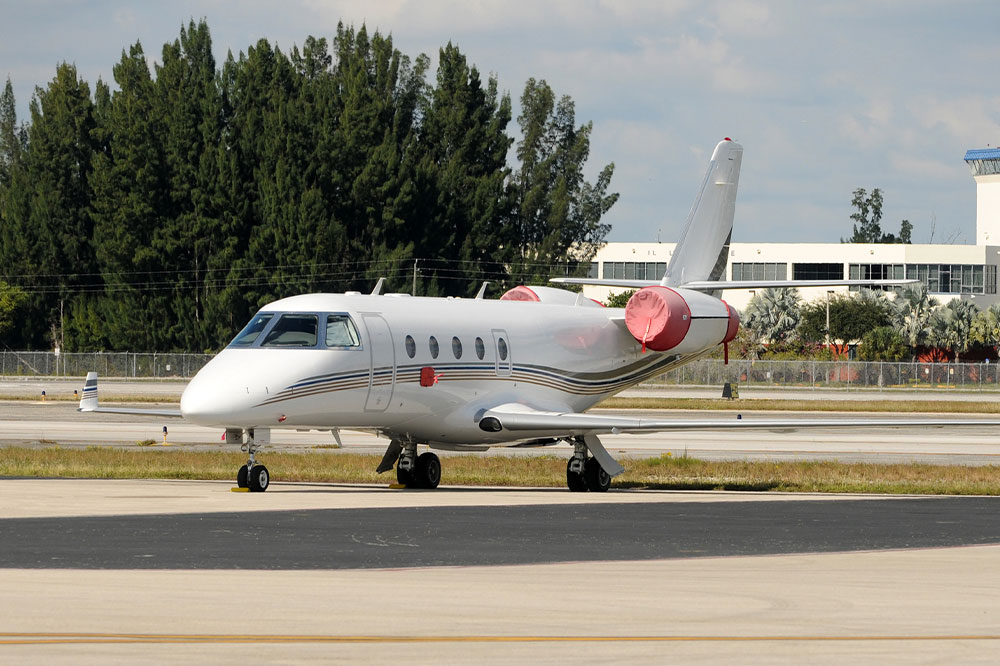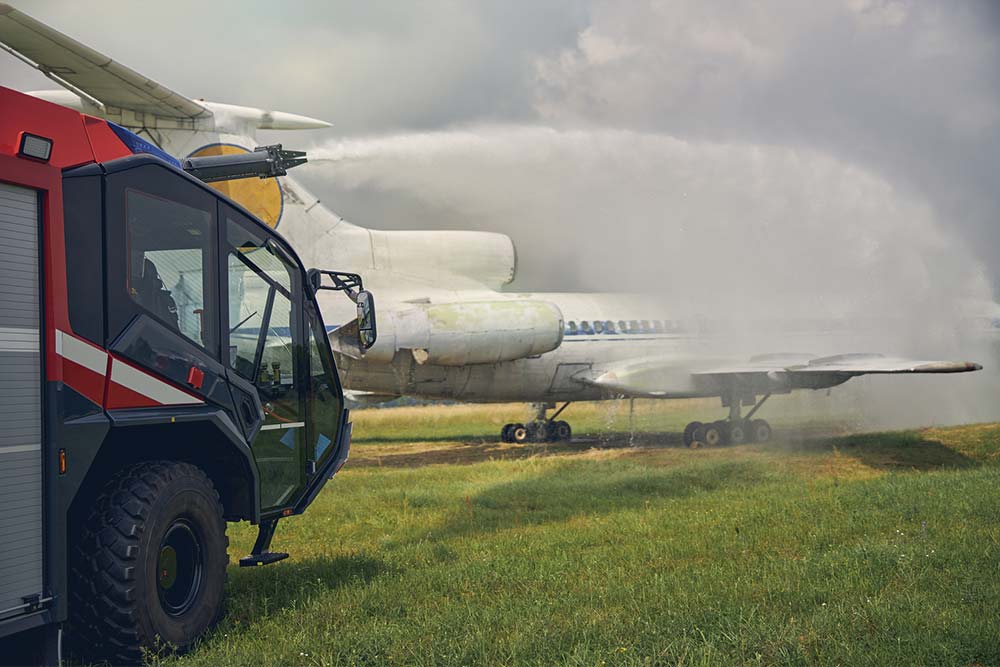Ultimate Guide to Aviation Education and Career Development Opportunities
Discover comprehensive aviation education and training pathways, from pilot certifications to aviation management degrees. This guide explores top programs, career options, and industry insights to help aspiring aviation professionals build a successful career in this thriving sector.

Ultimate Guide to Aviation Education and Career Development Opportunities
Starting a career in aviation goes far beyond just learning to fly. It spans a broad spectrum of specialized fields, including airline management, aviation safety, air traffic control, and aircraft maintenance. For aspiring professionals, there are numerous educational pathways, ranging from certification courses to full college degrees, offered by reputable institutions nationwide. Choosing a well-established school with strong industry connections can set a solid foundation for a successful and fulfilling aviation career. Knowing your options and understanding the educational landscape is essential for making informed decisions that align with your professional goals.
1. Starting with FAA Private Pilot and Progressing to Commercial Pilot Certifications
One of the most common entry points for aspiring pilots is obtaining a private pilot license, followed by advancing to a commercial pilot license. The FAA-approved Zero to CPL program at Flying Academy exemplifies a comprehensive pathway, combining online ground education with practical flight training. This internationally recognized program adheres strictly to FAA standards, making it suitable for beginners with little or no prior aviation experience. The course includes theoretical knowledge classes online, which are supplemented with hands-on flight hours to develop essential skills. Achieving a commercial pilot certification opens doors to numerous career avenues, including cargo flights, passenger transport, and flight instruction. The rigorous training ensures that pilots are prepared for the demanding conditions of professional aviation environments.
2. Pursuing a Bachelor’s Degree in Aeronautical Science
For individuals who wish to gain a more comprehensive understanding of aviation science, earning a Bachelor of Science in Aeronautics is an excellent academic choice. These programs delve into the fundamentals of flight mechanics, aircraft systems, navigation, and aeronautical engineering. Students also get hands-on flying experience through flight labs and internships, which are integral parts of the curriculum. Renowned institutions like the John D.. Odegard School of Aerospace Sciences offer specialized tracks in piloting fixed-wing aircraft or helicopters. The duration of these programs typically ranges from four to five years, providing graduates with a broad skill set applicable to a variety of roles within the aviation industry, including airline pilot, flight instructor, aircraft maintenance engineer, or aviation consultant. Such a degree enhances job prospects and provides a solid foundation for advanced aviation certifications.
3. Bachelor’s Degree in Aviation Safety and Operations
Safety remains a paramount concern in aviation, making degrees focused on safety management highly valuable. Programs like the one offered at the John D. Odegard School educate students on risk management, safety protocols, accident investigation, and human factors influencing aviation. These courses prepare students to work in safety oversight, compliance monitoring, and regulatory agencies. The curriculum emphasizes data analysis, safety audits, and incident management, equipping graduates with the skills necessary to uphold and improve safety standards in various aviation sectors. Typically lasting four years, this degree prepares students for careers in safety management roles, regulatory bodies, or investigative agencies responsible for maintaining the highest safety levels in aviation operations.
4. Aviation Management and Business Degree Programs
Individuals interested in the organizational and business aspect of aviation can opt for management-focused degrees. The College of Aviation’s Aviation Management and Operations program covers key topics such as airline economics, logistics, fleet management, and international aviation policies. These programs aim to develop leadership skills and strategic planning abilities necessary for managing airline operations, airport facilities, or aviation-related enterprises. Graduate programs in aviation management, such as those offered by prestigious institutions like the John D. Odegard School, prepare students for executive and administrative roles within airlines, airport authorities, and aviation consultancy firms. Such degrees are ideal for those who aspire to oversee operations, develop marketing strategies, or manage financial aspects of aviation businesses.
5. Airport Operations and Management
Managing airports requires expertise in logistics, security, infrastructure, and emergency response. The College of Aviation at Western Michigan University provides undergraduate certificates in airport management, designed to equip students with leadership skills and operational knowledge. Coursework covers essential areas such as security protocols, aircraft handling, terminal management, and safety regulations. Students learn how to coordinate airport personnel, manage resources efficiently, and implement crisis response strategies. A bachelor’s degree or certificate in airport management prepares graduates for roles such as airport operations manager, security supervisor, or facilities coordinator. These professionals ensure smooth and secure airport functioning, directly contributing to the efficiency and safety of air travel.
6. Air Traffic Control and Management
Air traffic control (ATC) is a critical component of aviation safety, managing the safe and efficient movement of aircraft in the airspace. The Polytechnic School offers specialized programs in air traffic management, focusing on aircraft movement coordination, communication systems, and navigation procedures. Training includes classroom education, simulation exercises, and on-the-job internships. Graduates can pursue careers such as air traffic controllers, airline dispatchers, or ground operation coordinators. These roles demand quick decision-making skills, strong communication abilities, and a thorough understanding of aviation systems. Working in air traffic management helps ensure that airspace is used efficiently, and aircraft can operate without risk of collision or delays, making it an indispensable part of the aviation industry.
7. Specializing in Aviation Financial Analysis and Economics
Financial expertise is vital for managing the economic aspects of aviation companies. Purdue University’s Polytechnic Institute offers programs focused on aviation financial analysis, covering investment strategies, budgeting, risk assessment, and operational economics. Students learn about aerospace industry economics, aircraft financial management, and investment analysis tailored to aviation enterprises. Courses also include aerospace propulsion, tracking systems, and aviation business operations, providing a comprehensive understanding of the financial and technical aspects of aviation. Graduates are well-prepared for careers in financial planning, corporate budgeting, aviation consultancy, or investment analysis within the aviation sector. Understanding the financial drivers of the industry enables professionals to make informed decisions that support sustainable growth and profitability.
When selecting an aviation education or training program, it’s important to evaluate factors such as admission requirements, program length, curriculum content, internship opportunities, and career support services. Your final choice should align with your career aspirations, whether you aim to be a pilot, safety expert, airport manager, or aviation business professional. The right educational pathway not only provides technical skills but also broadens industry networks and opens doors to diverse opportunities in the dynamic world of aviation. With the industry continuously evolving, staying informed about educational options ensures you remain competitive and ready for a successful aviation career.




